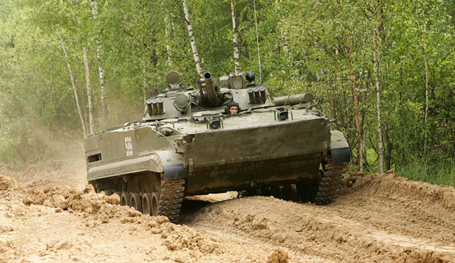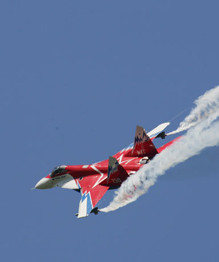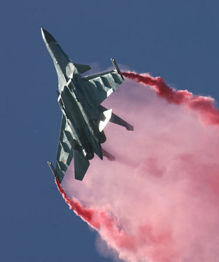Battle of Stalingrad: Major WWII confrontation
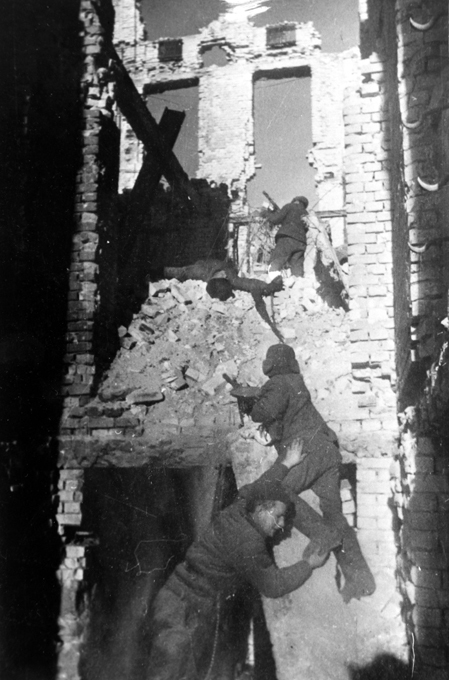
The Battle of Stalingrad (23 August 1942 – 2 February 1943) was a major confrontation of World War II in which Nazi Germany and its allies fought the Soviet Union for control of the city of Stalingrad (now Volgograd) in Southern Russia
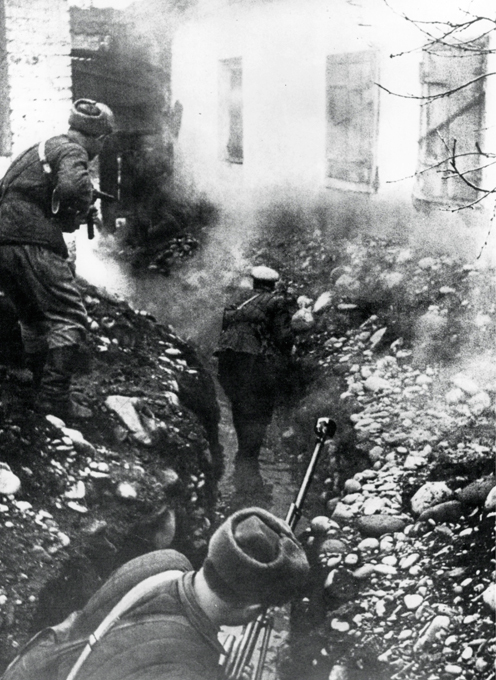
The German offensive to capture Stalingrad began in August 1942, using the 6th Army and elements of the 4th Panzer Army
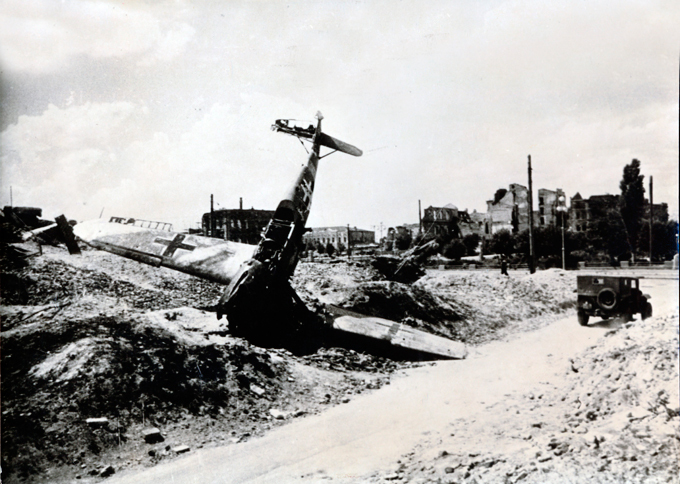
The attack was supported by intensive Luftwaffe bombing that reduced much of the city to rubble. The fighting degenerated into house-to-house fighting; both sides poured reinforcements into the city
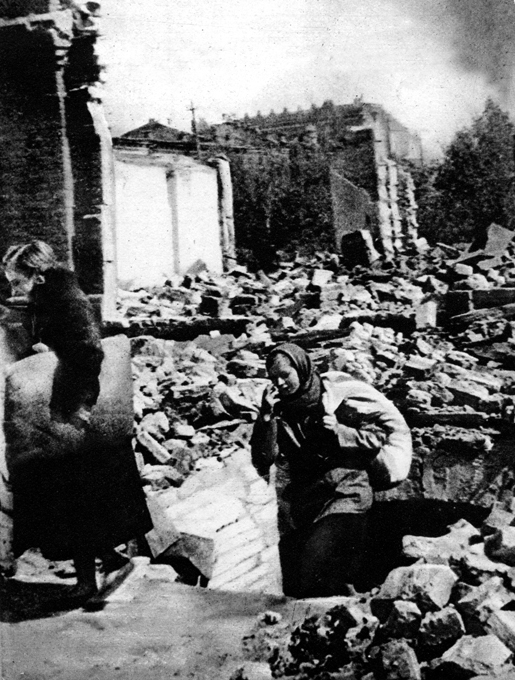
By mid-November 1942, the Germans had pushed the Soviet defenders back at great cost into narrow zones along the west bank of the Volga River
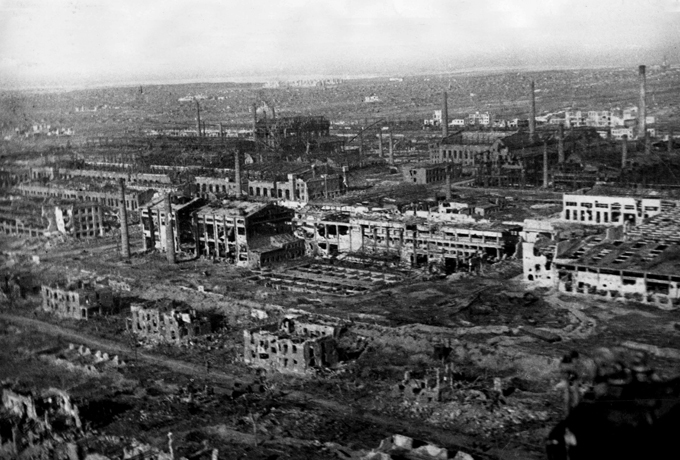
Adolf Hitler ordered that the army stay in Stalingrad and make no attempt to break out; instead, attempts were made to supply the army by air and to break the encirclement from the outside. Heavy fighting continued for another two months.
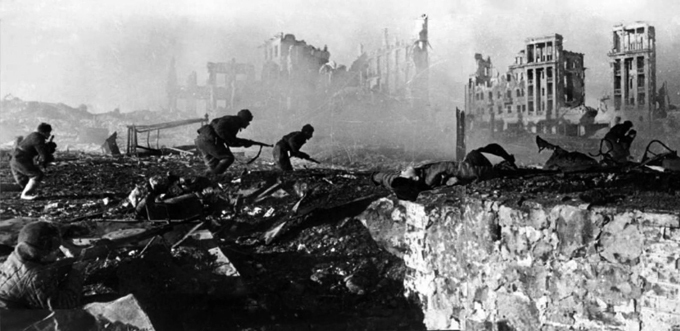
By the beginning of February 1943, the Axis forces in Stalingrad had exhausted their ammunition and food. The remaining units of the 6th Army surrendered. The battle lasted five months, one week and three days
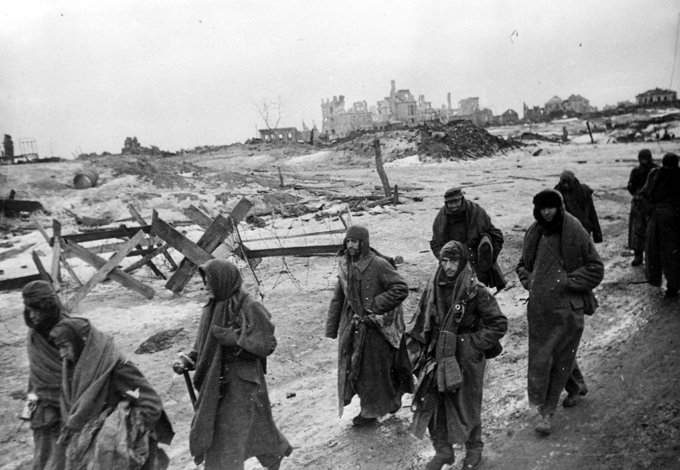
The Germans were now not only starving, but running out of ammunition. Nevertheless, they continued to resist, in part because they believed the Soviets would execute any who surrendered
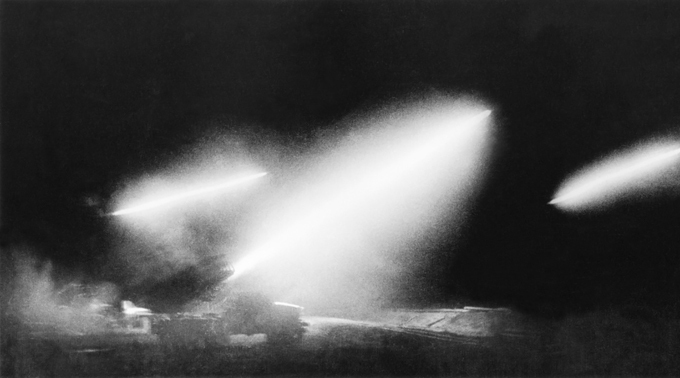
The German public was not officially told of the impending disaster until the end of January 1943, though positive media reports had stopped in the weeks before the announcement. Stalingrad marked the first time that the Nazi government publicly acknowledged a failure in its war effort. On 31 January, regular programmes on German state radio were replaced by a broadcast of the somber Adagio movement from Anton Bruckner's Seventh Symphony, followed by the announcement of the defeat at Stalingrad
